Whether you’re eyeing a potential investment, curious about who owns a neighboring lot, or simply doing your due diligence before a real estate purchase, knowing how to find out property ownership can be incredibly useful. Property ownership data is more than just knowing who owns the land. It helps in understanding property boundaries, assessing property taxes, and can even aid in resolving disputes. For real estate agents and buyers, this information is crucial to ensure the legality of a sale and to prevent future legal issues related to property claims.
Finding out who owns a property involves several steps, starting with preliminary online research and potentially escalating to more detailed searches involving public records and government resources. Here’s how to approach the search effectively.
Preliminary Research
Utilizing Online Resources
Property Tax Records: Begin your search with local tax assessor’s office websites. These often allow you to search for property tax records using a property’s address. This can lead you directly to the name of the property owner and even show how much property tax was paid, which can be a good indicator of the property’s current status.
County Assessor Websites: Many county assessor’s offices provide an online searchable database where you can find ownership information, property values, and other pertinent data.
Online Databases: Use property data tools and services that consolidate real estate information from various public and private sources. These platforms can offer comprehensive details including the owner’s name, property history, and existing liens.
Exploring Public Records
Land Registry Offices: These offices hold detailed information about registered land and property within their jurisdiction. By accessing their records, you can find out comprehensive real estate transactions and the legal owner of the property.
Title Companies: Title companies perform title searches that delve into the history of a property to confirm the legal ownership. They can also provide insights into any encumbrances that may affect ownership.
Using Government Resources
The county clerk’s office is a valuable resource for searching property deeds and records. Visiting in person can often yield more detailed information and access to documents not available online.
Learning how to read deeds and titles is also important as these documents contain critical information about the property’s ownership history. The deeds will list any previous owners and detail the property’s transfer history, which can be essential for confirming valid ownership.
Investigating Property Ownership
You can also start your search with the property’s address as the most straightforward method. Entering the address into various public record databases can quickly yield results on the current ownership status. For a more detailed view, Geographic Information Systems (GIS) are invaluable. These systems provide detailed maps that include layers of property information not visible to the naked eye, such as zoning information and detailed boundaries.
Additionally, exploring historical records at local libraries or archives can provide a timeline of ownership, crucial for understanding how the property has changed hands over time.
Advanced Techniques
If the search becomes too complex or legal specifics are involved, hiring professional services may be the best route. Private investigators specialize in digging deeper where public records may fall short, real estate attorneys can provide legal interpretations and ensure all aspects of the property are legitimate, and title search companies are experts at uncovering detailed histories of ownership and any associated encumbrances.
Understanding Property Records
Deciphering property records can be daunting due to their legal and technical nature. Interpreting legal descriptions requires understanding the specific terms and formats used to describe land boundaries and physical locations within official documents. Ownership history is often layered with various transactions, including sales, inheritances, and legal disputes.
Identifying encumbrances and liens is also important as these are claims against the property that can affect ownership rights. Encumbrances might include easements, restrictions, or liens placed for unpaid taxes or debts by contractors.
Online Tools and Databases
Several online tools and databases make the search for property ownership information easier and more accessible. Zillow and Realtor.com provide extensive property listings which include ownership details, property values, and historical sale prices.
PropertyShark offers a deeper dive with access to comprehensive property reports, including detailed owner information and property tax records. LexisNexis allows for a more advanced search, particularly useful for legal professionals or serious real estate investors looking for detailed public records and legal documents concerning property ownership.
Social Media and Networking
Leveraging social media platforms can be an effective way to gather information about property ownership. Many real estate professionals, community groups, and local forums share insights and experiences that could hint at who owns a property or how to find out more. Connecting with local communities online, especially those in the area where the property is located, can yield personal anecdotes and advice that are not available through official channels.
In addition, real estate forums and dedicated social media groups often discuss property developments and can be a goldmine for networking and learning from others’ experiences in property searches.
Legal Considerations
When searching for property ownership information, it’s vital to stay aware of privacy laws and regulations. Unauthorized access to personal information can lead to legal repercussions. Most countries have regulations that protect personal data, especially relating to property ownership. It’s essential to source this information through legitimate channels and ensure compliance with local privacy laws. Consulting with legal experts can help clarify what methods are permitted and advise on how to conduct a search without infringing on privacy rights.
Uncovering Hidden Ownership Structures
Some properties have ownership structures that are intentionally obscured, such as those owned by trusts, LLCs, or through nominee arrangements. These can be challenging to untangle without additional investigation.
Trusts and LLCs, for instance, are legal entities that might not have the actual owner’s name readily available in public records. Nominee ownership involves a third party listed as the owner on behalf of the actual owner, further complicating direct identification. Investigating corporate entities and their relationships can require examining business records, legal filings, and sometimes even court documents to reveal the true ownership structure.
International Properties
Researching ownership of properties located outside your home country introduces additional layers of complexity due to different legal systems and regulations. Understanding international property laws is critical; these can vary significantly from country to country and affect everything from what ownership information is publicly available to how property transactions are conducted.
Seeking assistance from global agencies or a real estate agent who specialize in international properties can provide valuable guidance and resources. These experts are familiar with the intricacies of international real estate markets and can help navigate the challenges of conducting property searches across borders.
Verifying Ownership Information
Verifying ownership information involves cross-checking data for accuracy and confirming through official channels to ensure that the details you have are correct and up-to-date. This often requires comparing information obtained from multiple sources such as online databases, public records, and direct inquiries at government offices like the county clerk’s or assessor’s office.
Ensuring that all data aligns consistently across these sources helps in establishing the validity of ownership information. Confirming through official channels not only enhances the credibility of the data but also protects against the risks associated with relying on potentially outdated or incorrect information.
Ethical and Responsible Practices
When searching for property ownership information, it is crucial to adhere to ethical and responsible practices. This includes respecting privacy rights by ensuring all data collection and sharing is compliant with applicable laws and regulations.
Avoiding unethical means, such as using unauthorized databases or engaging in practices that might invade an individual’s privacy, is essential. Maintaining professionalism throughout the search process of property owners not only helps in conducting thorough and effective research but also builds trust and reliability in the information gathered.
Common Challenges and Solutions
Searching for property ownership can often be hindered by missing or incomplete records, obfuscation of data, and language barriers, especially in international contexts. Missing or incomplete records can sometimes be supplemented by other sources such as archived documents or by speaking directly with local real estate agents who might have informal records.
Dealing with obfuscation, where ownership details are intentionally hidden behind legal entities or through complex ownership structures, might require the assistance of legal professionals or specialized agencies that can navigate these complexities.
Summary and Conclusion
Finding out who owns a property can be an intricate journey filled with various steps, from initial online searches to deep dives into public and legal records. Whether you’re a potential buyer, a real estate professional, or simply curious, understanding the ownership of a property provides clarity and security in any property-related endeavor.
By leveraging both modern online tools and traditional resources like county clerk offices, and respecting legal and ethical boundaries, you can navigate this path successfully. Remember, the key to successful property ownership identification lies in diligent research, cross-referencing information, and maintaining professionalism throughout the process.








